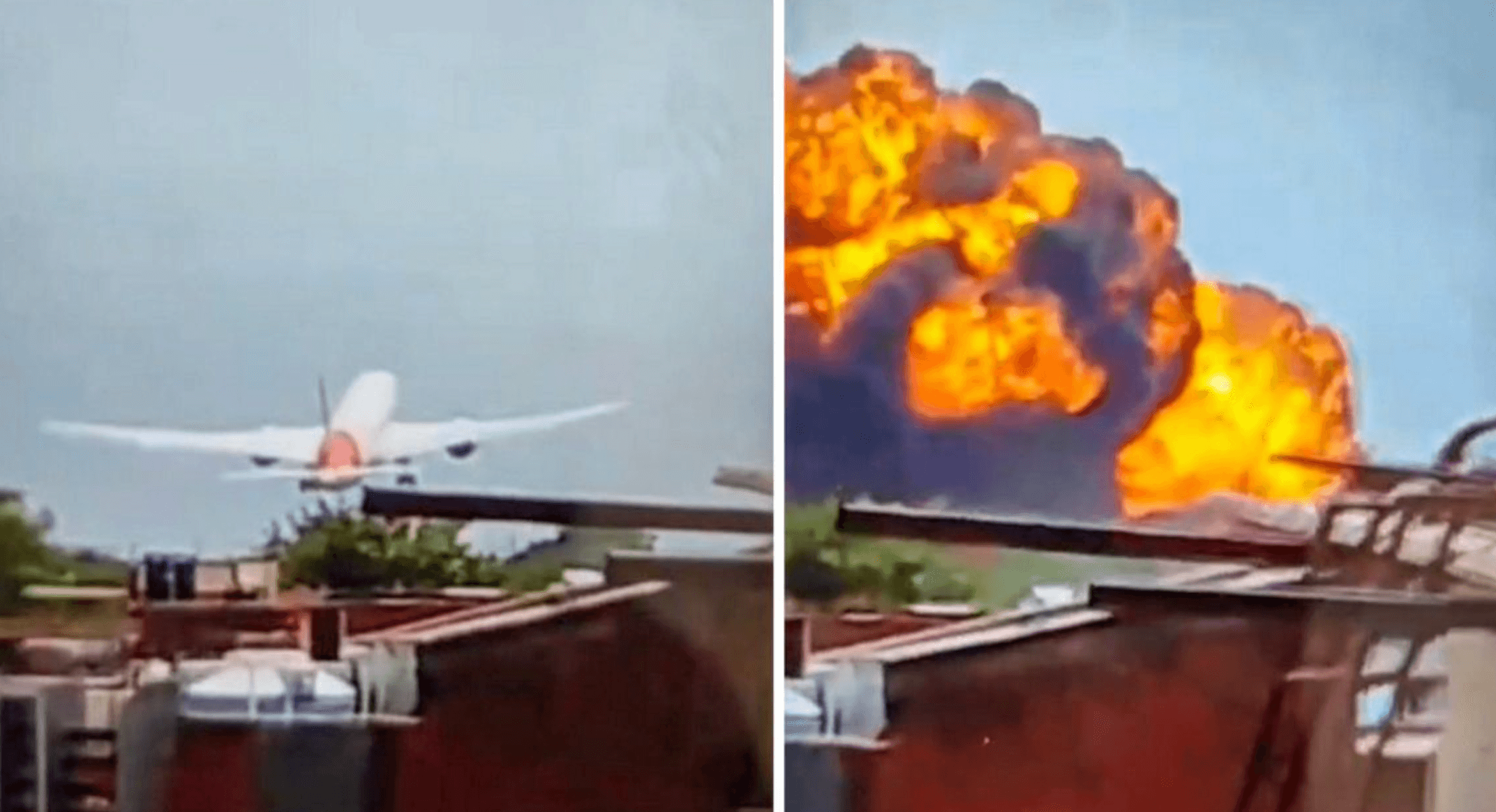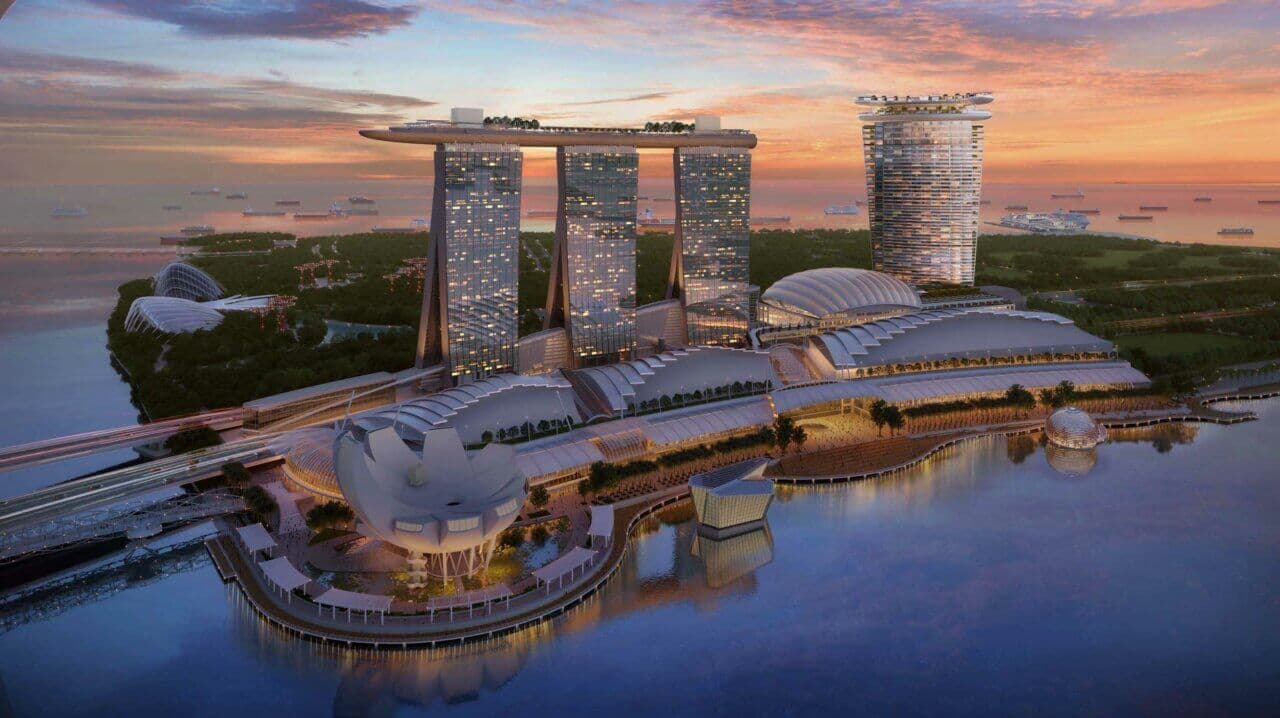Is Air Travel Still Safe After 2025's Plane Crashes? Experts Say Yes

Here's a wild stat to chew on: According to the International Air Transport Association (IATA), you'd have to fly every single day for over 15,000 years to statistically encounter a fatal aviation accident. Yet after watching viral footage of that horrific Air India crash in June—where 260 people died when a Boeing 787 went down just 30 seconds after takeoff in Ahmedabad—many of us are suddenly eyeing our boarding passes with fresh anxiety.
Welcome to the fascinating psychology of risk perception, where our brains consistently fail at math and media amplification makes rare tragedies feel commonplace.
What Actually Happened in 2025's Aviation "Crisis"
Let's cut through the noise. Yes, 2025 delivered some genuinely shocking aviation disasters. The Air India Boeing 787 crash became the deadliest commercial aviation accident in a decade and the first fatal accident involving the 787 model. South Korea's Jeju Air disaster killed 179 people at year-end 2024. An Air Busan plane caught fire in January. A Japan Airlines flight plummeted 26,000 feet before an emergency landing in Osaka.
Sounds terrifying, right? Here's the plot twist: Despite these headline-grabbing incidents, 2025 actually recorded fewer aviation accidents than 2024. According to the Bureau of Aircraft Accidents Archives, 54 global accidents occurred in the first half of 2025, down from 70 in the same period last year.
IATA's numbers tell an even clearer story: The 2024 global accident rate hit 1.13 per million flights—below the five-year average of 1.25. The fatality risk dropped to just 0.06, also under the historical norm of 0.1. Meanwhile, global passenger demand rose 5% year-over-year, with over 4.5 billion passengers flying safely worldwide in 2024.
Why Our Brains Are Terrible at Aviation Risk Assessment
Here's where behavioral economics kicks in. These dramatic crashes represent what statisticians call "outliers"—rare events that deviate wildly from the norm but capture outsized attention due to what psychologists term the "availability heuristic." Our brains overweight vivid, easily recalled events when assessing risk.
Think of it like this: If the stock market was aviation safety, these crashes would be like Black Monday events—statistically rare but psychologically devastating. Just as investors often overreact to market crashes despite long-term upward trends, travelers abandon flights despite aviation's continuously improving safety record.
The Air India crash triggered a textbook case study in perception bias. According to Indian travel agencies, the airline saw bookings plummet 30-35% in the following week, with over 20% of existing reservations cancelled. Google Trends data showed searches for "flying fear" in India spiked and stayed elevated for months. A Bengaluru therapy center that helps nervous flyers reported inquiries jumping from their usual 10 monthly requests to over 100 post-crash.
Just one step to unlock the rest of this article
Sign in to read the full article and access exclusive content
✨ Completely free • No credit card required




